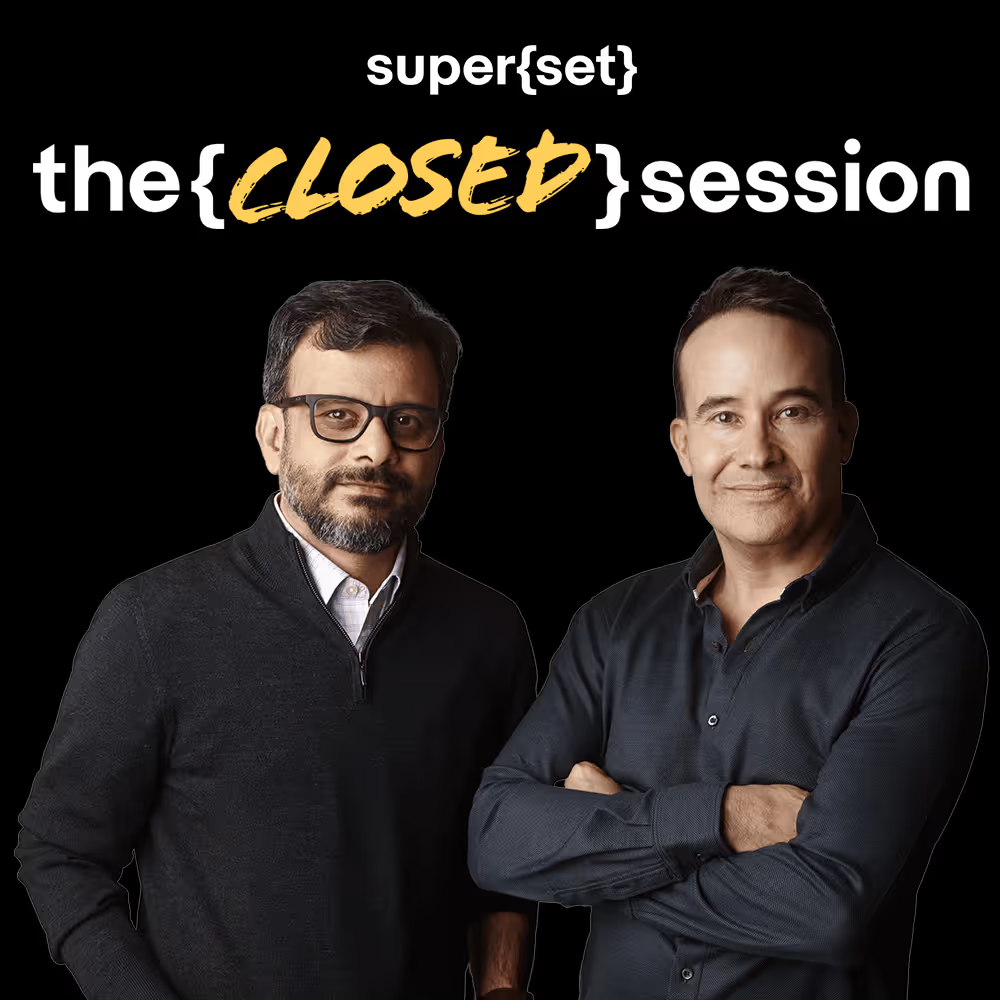
When and Why to Bring on VCs
When should an entrepreneur raise money? What does the money do? How is a Series A round different from a seed round? How is a Series A today different from 1999? What makes a good VC?
We have a venture fund at super{set} but aren’t Venture Capitalists. What’s the difference? We’re operators, while the VCs are helpers. The best VCs come in asking the catalytic questions that encapsulate risks and delineate opportunities, but they aren't hands-on with the company. They know when they are needed and when they are not.
In the over-caffeinated recent years, seed investments have started to look like Series A. And it reminds us a lot of Tom and Vivek’s first foray into entrepreneurship - Rapt, which began in 1999. Rapt’s Series B was much larger than Krux’s Series B over a decade later, yet Krux had the more robust exit.
It’s not that we are proponents of bootstrapping - taking on outside investors for your company is necessary to move at the speed of business today - it’s that the right sized check at the right time is what matters.
That’s why part of our model at super{set} is giving seed-stage co-founders the space to be disciplined about product, product, product in the earliest stages. We create the soil conditions and the capital so that great entrepreneurs can focus on company-building, not pitching outside investors.
Tech, startups & the big picture
Subscribe for sharp takes on innovation, markets, and the forces shaping our future.
More Episodes
Explore additional conversations with entrepreneurs, investors, and leaders shaping the future of tech and business.

